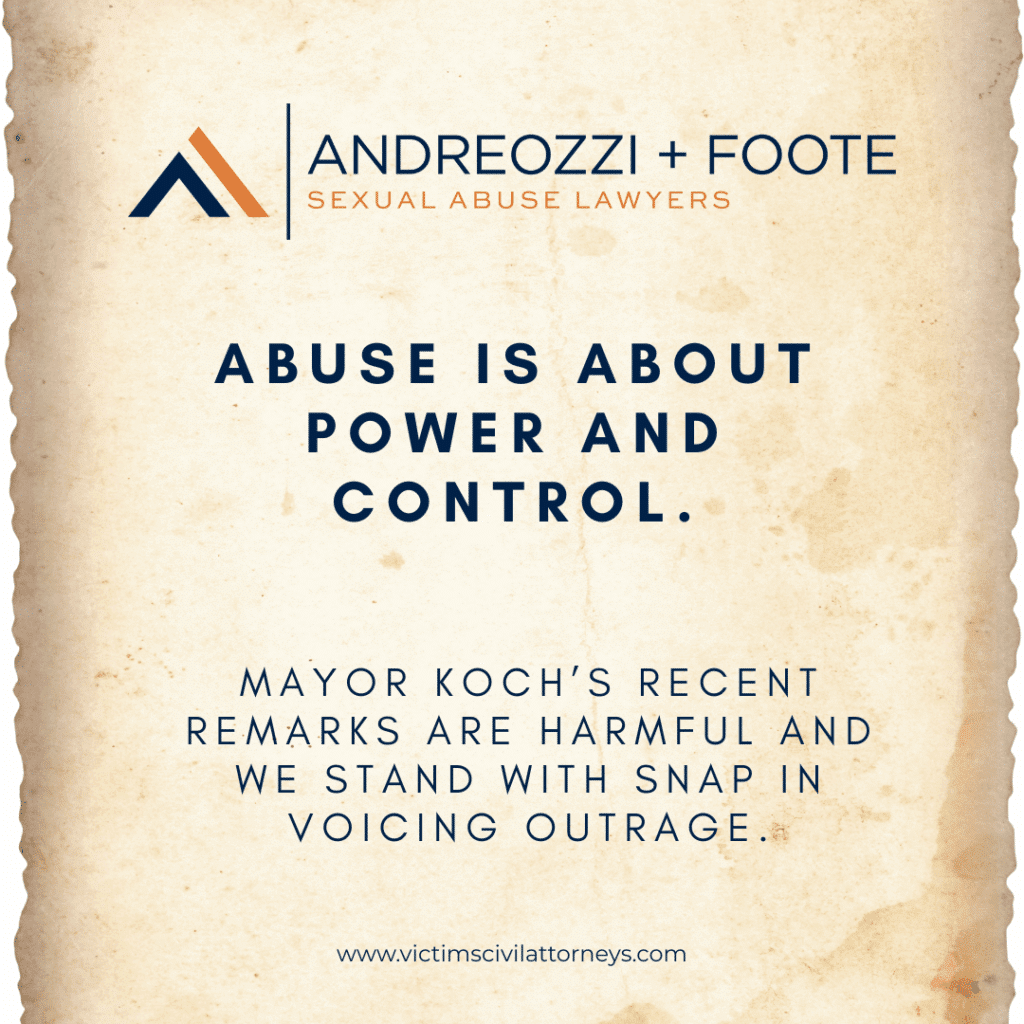When Quincy Mayor Thomas Koch claimed that the clergy abuse crisis was “mostly homosexual issues,” I had to take a deep breath. Comments like this are not just ignorant they are harmful. They perpetuate tired stereotypes that have been used for decades to excuse abuse, protect institutions, and silence survivors.
Let’s be clear: there is no connection between sexual orientation and abuse. None. Abuse is about power, access, and control not about who someone loves or what their orientation is.
The Harmful Myth That Keeps Survivors Silenced
When people suggest that abuse is a “gay problem,” it does several damaging things:
- It scapegoats LGBTQ+ people, turning them into the villains instead of focusing on the actual offenders.
- It erases and invalidates survivors especially boys by implying that what happened to them was about “sexual preference” instead of violence and exploitation.
- It distracts from the real problem: institutions that allowed abuse to happen and covered it up for years.
These myths don’t just hurt LGBTQ+ folks they re-traumatize survivors, who are already fighting to be believed and supported.
What Abuse Is Really About
Abuse happens when someone has unchecked power and access, and when there are no systems in place to stop them. It happens because institutions look the other way, because people are afraid to speak up, because predators exploit trust and authority.
And when leaders blame an entire community for the actions of abusers, they give those predators a free pass. It’s a distraction that lets churches, schools, and organizations say, “It wasn’t us it was them.”
Why We Have to Speak Up Against Mayor Koch
Every time someone in power makes comments like this, we must respond. Survivors need to hear that we see them, we believe them, and we will not allow the conversation to be derailed.
That means:
- Calling out public officials when they make harmful, misleading statements.
- Educating our communities about what abuse really is and isn’t.
- Demanding that institutions take responsibility for their role in enabling harm.
- Supporting survivors with resources, justice, and validation.
The Bottom Line
Blaming LGBTQ+ people for abuse is dangerous, divisive, and dead wrong. Abuse is not about sexuality it’s about power. When we focus on false narratives, we allow institutions to dodge accountability and survivors to be silenced.
It’s time to stop repeating these tropes and start having the real conversation about why these abuses keep happening, how to hold enablers accountable, and how to create a world where survivors are protected and predators are stopped.


